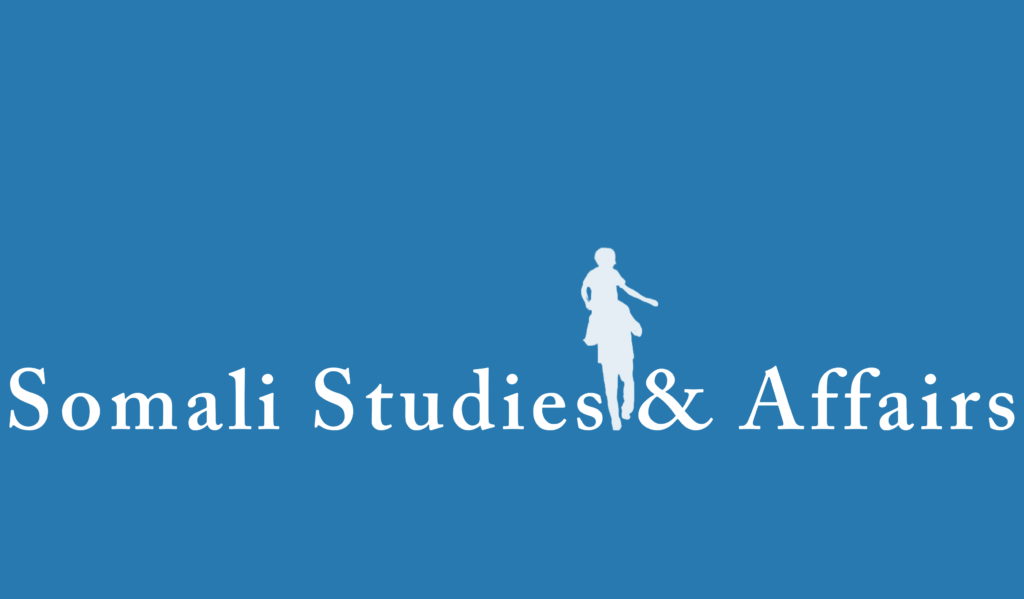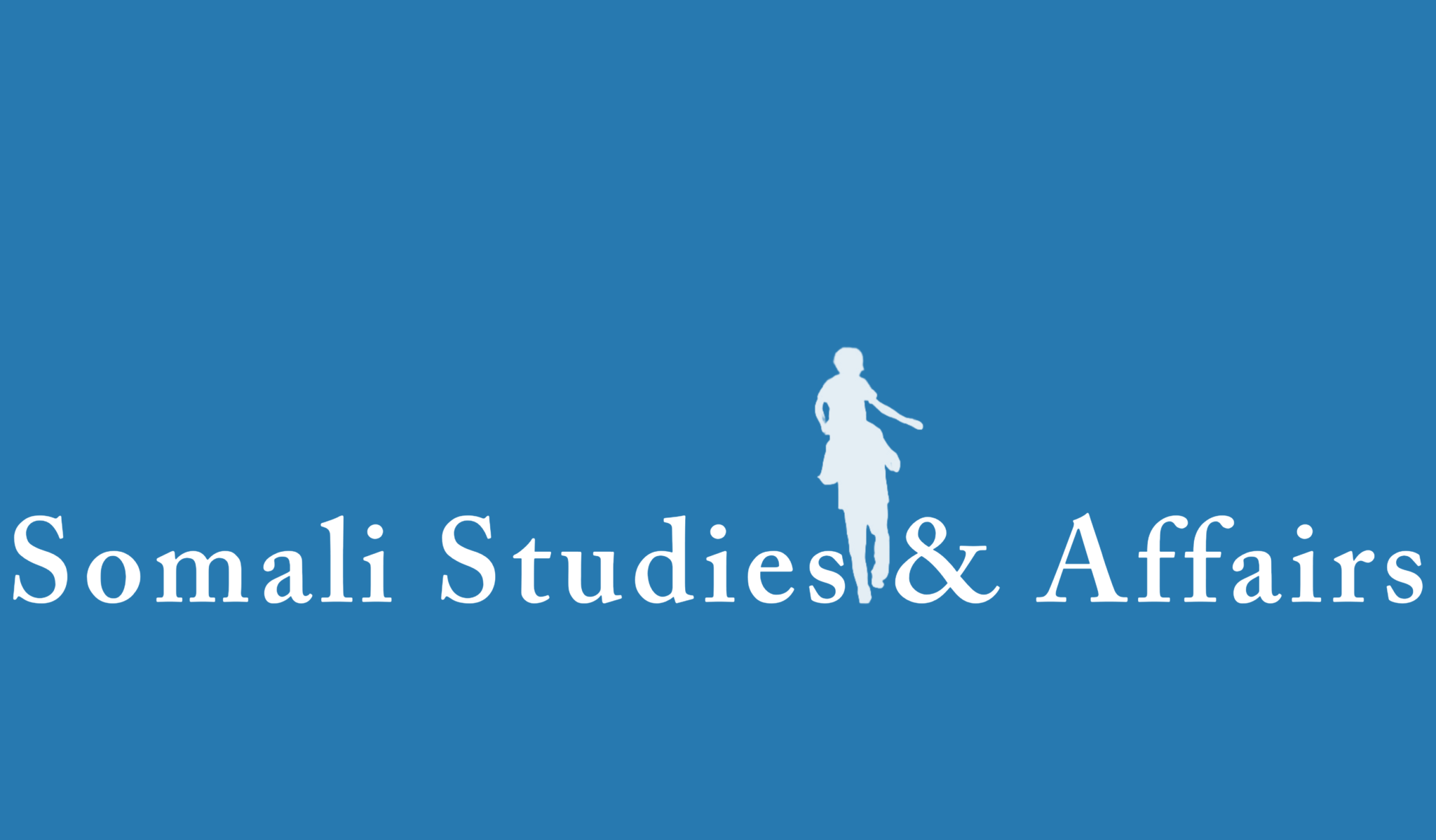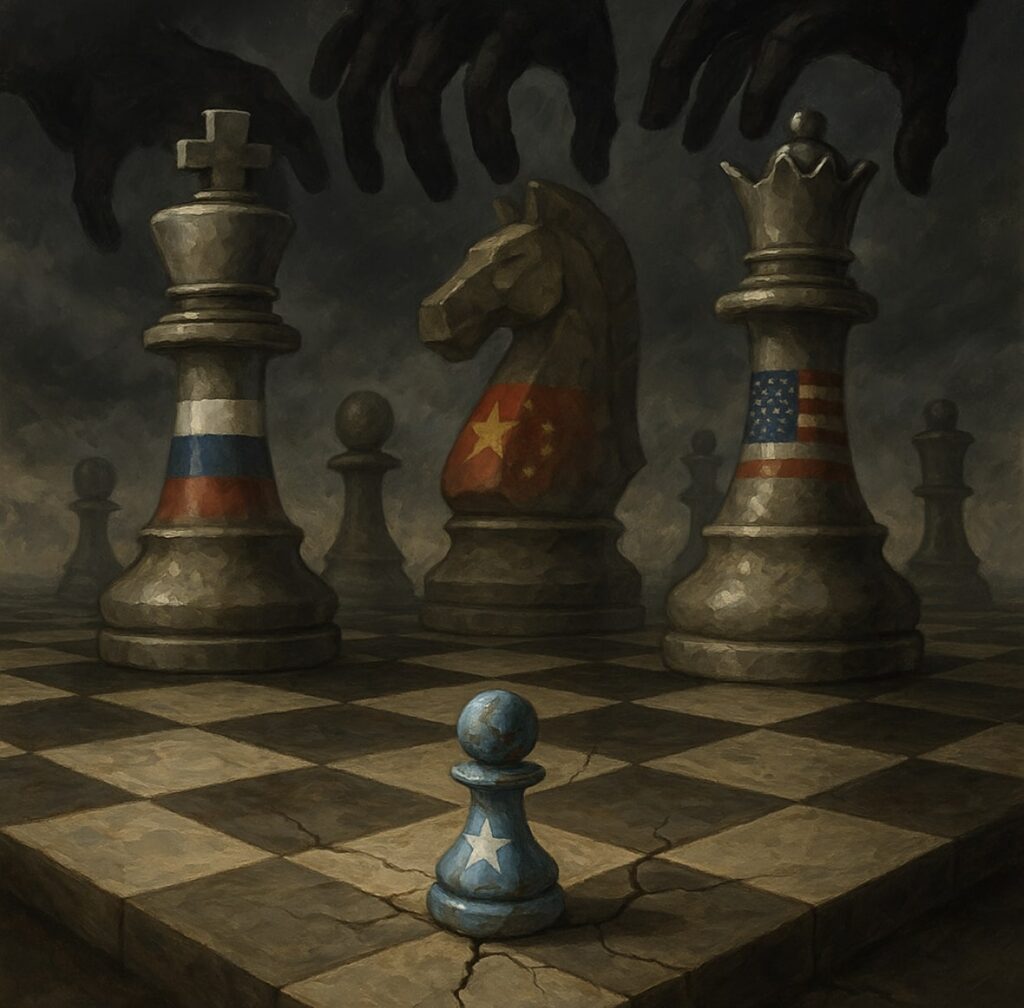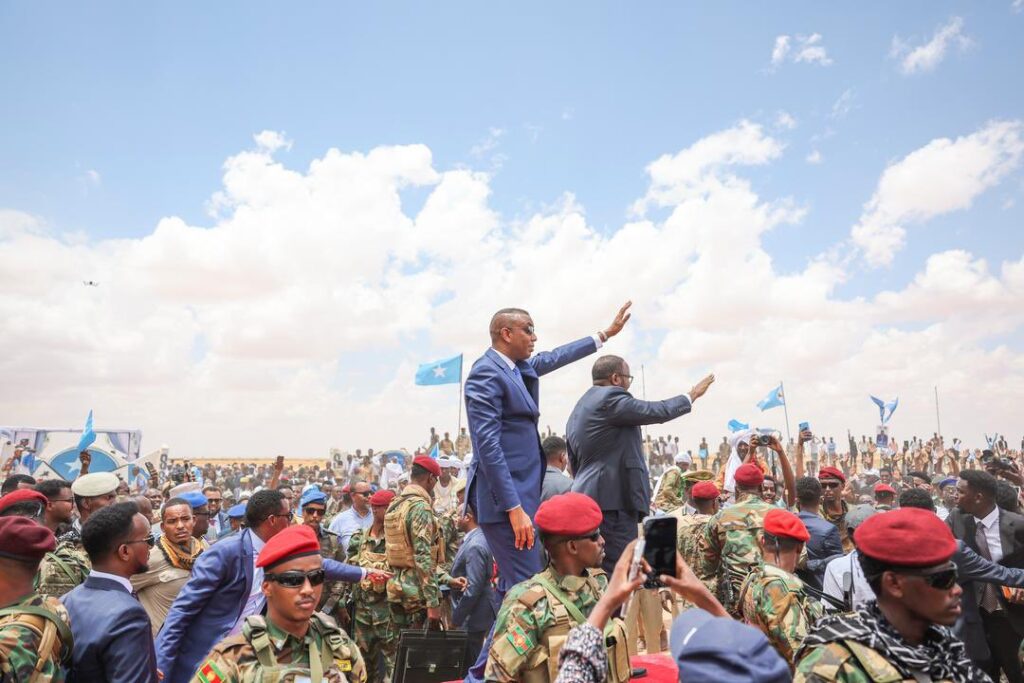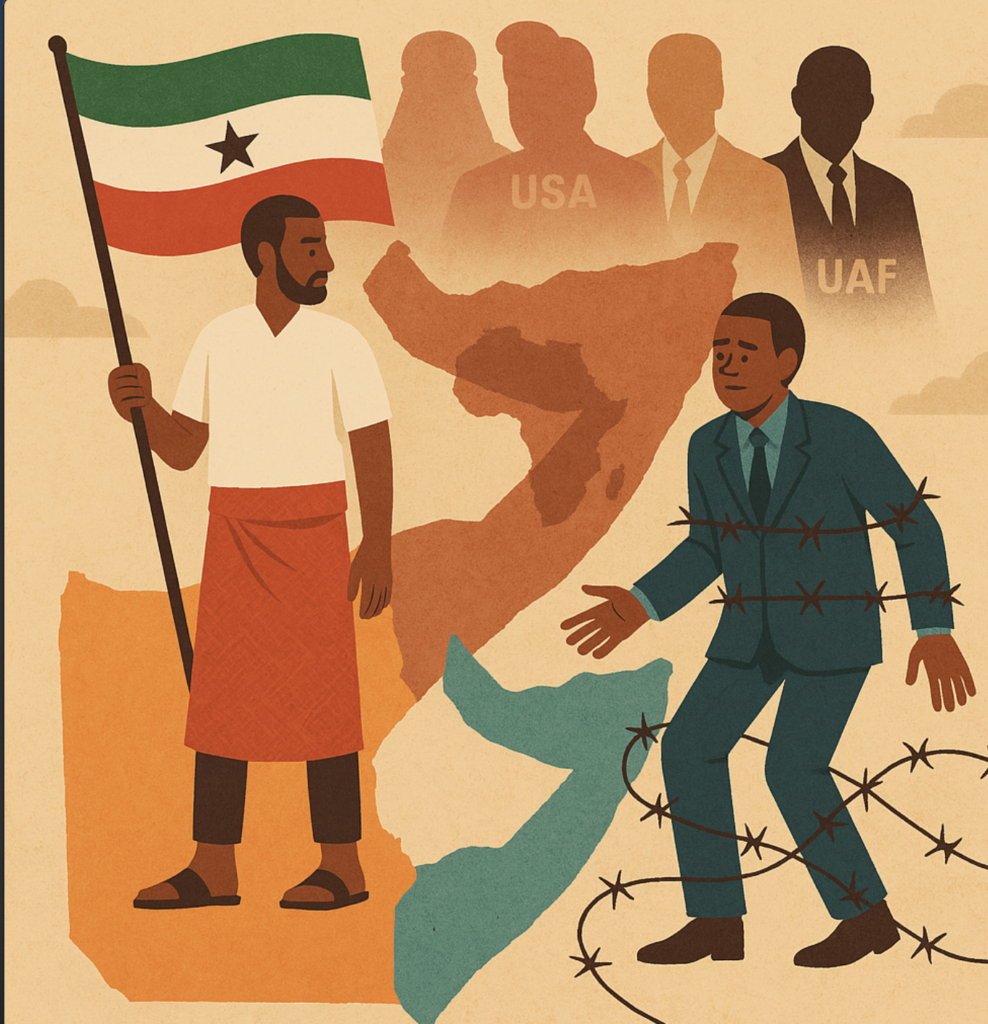We are witnessing a major shift in the global order—one that is shaking the foundations of international politics, economics, and security. As powerful nations flex their muscles, seeking to expand their influence, take over their neighbors, and secure control over critical resources, countries with fragile institutions like Somalia risk being left behind—or worse, exploited in the shadows of this global realignment.
Around the world, the post-World War II structure that once promised cooperation, sovereignty, and mutual respect is unraveling. Powerful countries are no longer hiding their ambitions. Russia’s aggression in Ukraine, China’s assertiveness in Asia, and the scramble for influence in Africa by global powers all point to one truth: the strong are now openly taking what they want. Land, ports, minerals, oil, gas—nothing is off-limits when national interest and geopolitical dominance are at stake.
In this global game, nations with weak governance are the easiest targets. Somalia, with its deep political divisions, weak institutions, and corrupt leadership, stands at the crossroads of danger and opportunity. While other countries are strategizing, forming alliances, investing in military and economic expansion, many Somali leaders are busy looting public resources and squabbling over outdated tribal disputes that have long lost relevance in the modern world.
Instead of confronting these global shifts with unity, vision, and strategy, Somalis remain distracted by clan politics and regionalism. This internal division makes the country vulnerable to foreign interference—both overt and covert. Already, powerful nations are eyeing Somalia’s strategic location on the Horn of Africa, its long coastline, untapped resources, and access to vital maritime routes. What happens when they decide that Somalia’s potential is too valuable to leave in the hands of a divided people?
History shows us that when the strong want something, and the weak are too distracted to protect it, the outcome is always the same: domination, exploitation, and suffering. Somalia is not immune. In fact, its very survival as a sovereign nation depends on whether its people can recognize the urgency of this moment.
The world is not waiting. The future will belong to those who are prepared—those who understand power, who build strong institutions, who put national interest above personal or tribal gain. If Somalia continues down its current path, it risks becoming a pawn in a game being played by giants.
Now is the time for awareness. Now is the time for unity. If Somalis do not wake up and take control of their destiny, others will write it for them.
